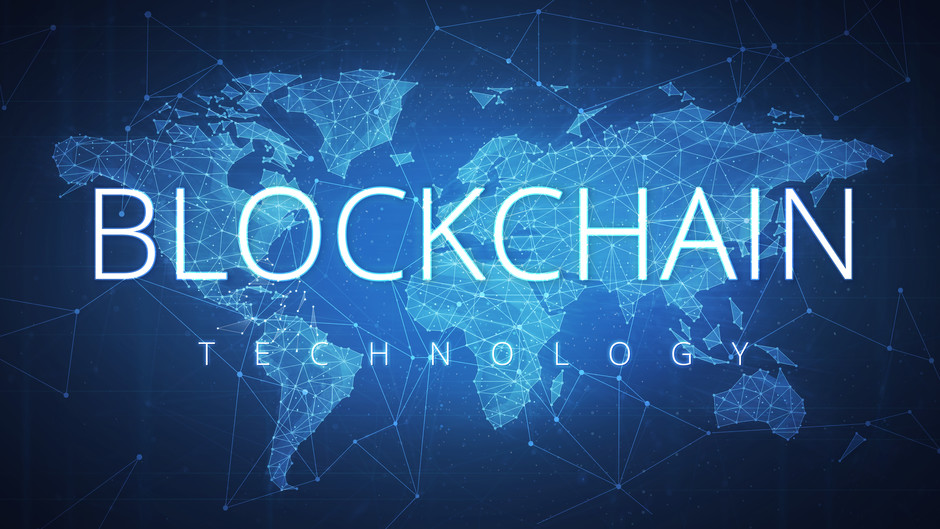


Blockchain Technology: Driving Us Towards a Better Future
In the past few years, developments in technology have brought us closer to the hyper-connected world that futurologists imagined in the 1950s. Self-driving cars, computers that can converse in real-time and Hyperloop transportation are among the developments that will shape our future beyond what we thought was possible.
The Internet of Things
Of all the major trends, Internet of Things (IoT) is making the most visible and immediate impact. Connected devices, homes and vehicles are just around the corner, and as anyone with experience in the technology industry knows, this means a lot of second-order complexity will have to be solved. Economies, platforms and payment systems will have to be integrated. This represents a huge challenge and opportunity for entrepreneurs and investors.
To this end, however, the one major development in the IT field is the rise of Blockchain technology.
What is Blockchain Technology?
According to Don and Alex Tapscott, authors of ‘Blockchain Revolution’ (2016), “the blockchain is an incorruptible digital ledger of economic transactions that can be programmed to record not just financial transactions but virtually everything of value.”
In simpler words, it is like a spreadsheet which is being copied and duplicated hundreds and thousands of times across an entire network. This network has been designed in such a way that it regularly updates this spreadsheet automatically.
The Implications and Advantages of Blockchain Technology
Many of the emerging hurdles from our impending IoT-networked future will leverage the capabilities of Blockchain, which enables greater transparency and trust, especially regarding payments. Some of the biggest names in manufacturing including Google, IBM, Dell, Hp, Mastercard and Accenture are looking to be pioneers in leveraging Blockchain technology for IoT.
When you consider the complexity involved in a house, car or workplace that is fully connected with a range of sensors from a range of different companies, it becomes clear how difficult it will be for both customers and businesses to manage payment and security issues.
However, if you have even a passing familiarity with blockchains you will know that security issues are what it is designed to address. Not only do blockchains provide a source for immutable information, they can also enable complex rule-based transactions (like smart contracts) that make automated security and transparency possible in a way that was previously impossible.
Moreover, the entire blockchain database is truly public because it isn’t stored in any single location. It safeguards itself against hackers too, as not centralized version of the database exists which a hacker can corrupt. On the other hand, as it is simultaneously hosted by millions and millions of computers, the data contained can easily be accessed by anyone around the world.
Conclusion
Thus, the contribution of block chain for security issues created around Iot is invaluable and will be a major factor in driving the dynamics of a seamlessly connected, futuristic world.